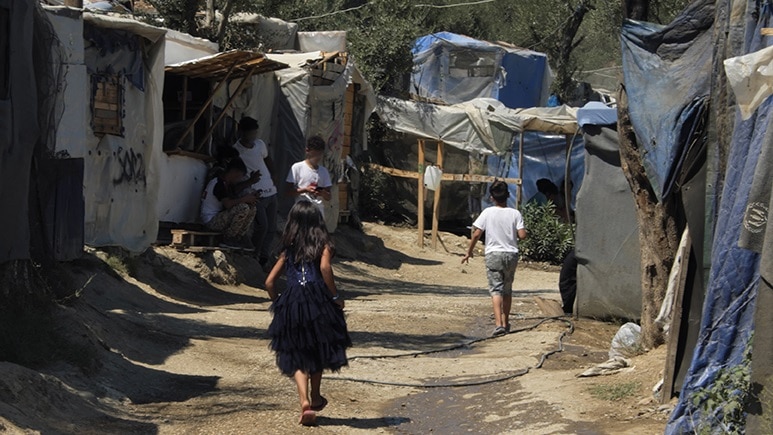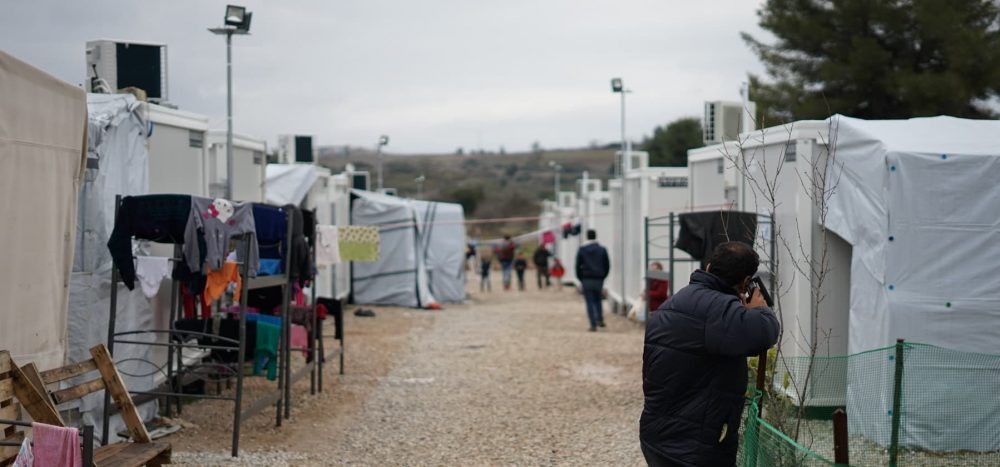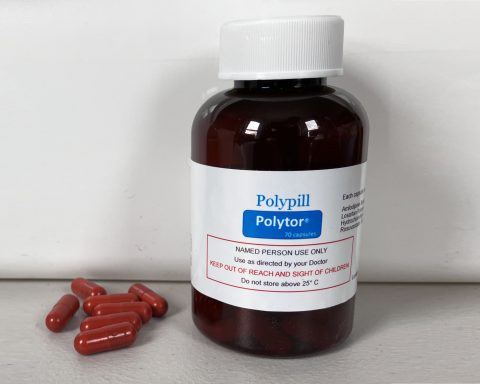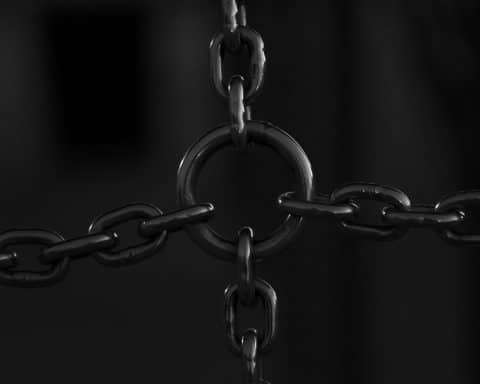Editorial comment: Today we are publishing two articles on the pressing needs of refugees and migrants. Here, Peter von Kaehne describes his own experiences as a doctor in a refugee camp. And here Anish Verma and colleagues make the case for proper access to NHS for migrants and refugees in the UK. David Misselbrook, Deputy Editor, BJGP.
Peter von Kaehne is a rural and remote GP in Argyll.
In my normal life I am a rural GP in Argyll. Over the last years I have spent a lot of my time volunteering in Greek refugee camps including twice on Lesbos – first in 2016 and then 2020 just before Covid-19. I have stayed in close contact with volunteers and refugees still there.
Very little of my previous life could prepare me for the quite existential shock I experienced coming first time to Moria in February 2016. Then it was a small camp spilling out of a former prison, now acting as a reception and transit centre for the nightly arrivals over the short straits between Turkey and Lesbos. Every night hundreds came, frozen and wet to the bones, often in serious distress, sometimes ill or injured. Most moved on rapidly to the mainland and beyond. My role then was senior physician at night in a small tent hospital. One night in particular will stay forever etched into my brain – in the main camp’s arrival hall, a dark very noisy and crowded place, hurried along by Greek police, trying to triage by the light of my head lamp only through dozens of babies in wet rags handed to me with the cry “here doctor, baby very sick”. Capillary refill works even in the greenish light of a head LED torch, respiratory effort and tone can also be assessed quickly, even in semi-darkness I learned – while stethoscopes and pulse oximetry fail easily and cold fingers struggle to get a decent pulse on a baby.
Very little of my previous life could prepare me for the quite existential shock I experienced….
None, though of what I saw, then or subsequently on the Greek mainland could prepare me for the utter misery I saw this year in Moria. The camp had changed from being a transit zone to a city of some 20000 people with tents, “structures” from boards and PVC sheets and shipping containers. No roads, no canalisation, no flowing water, electrics strung from domestic extension leads like a spider net just above head height, bread ovens cut into the earth – and everywhere dug channels for sewage and drainage. The beautiful olive groves I remembered from 2016 were now mainly stumps.
The camp had changed from being a transit zone to a city of some 20000 people.
This time I worked for Boat Refugee Foundation and Medical Volunteers International, Dutch and German charities respectively. My role was mostly primary care and emergency physician – with the latter I was often the most senior doctor, with the former part of a larger team of very experienced doctors and nurses.
Speaking Farsi fluently, the language of the majority made me concentrate on the one thing so often difficult in these situations – mental health. Talking someone down from a crisis and assessing if there was more going on than “just” the general misery or digging deeper into a confusing account of ill described pains is hard through a translator – though our translators, refugees themselves were extraordinarily competent and cheerful despite not better off than anyone else.
Moria in February 2020 so well demonstrated the horrors of being a refugee in winter, pregnant mums sleeping on hard frozen ground, babies born in tents at minus temperatures, children with carbon monoxide poisoning from coal fires in tents, darkness and cold destroying the last remnants of mental resilience in everyone. There were panic attacks, deep depressions and over-boiling anger every night resulting in stabbings and violence. Among the Greeks the fear of Covid, the destruction of tourism, unemployment and fascists stoking bad feelings led to the first riots only days after I left.
Moria in February 2020 so well demonstrated the horrors of being a refugee in winter.
Today Moria as I experienced it does not exist anymore. A fire – whether lit by refugees or fascist rioters remains unclear – has destroyed it all. Instead a new camp has been constructed by Greek military, closer to the shore and directly exposed to its cold winter storms, large hall tents with subdivided family compartments constructed from blankets. Access is limited even for most charities. Heavy rains lead to frequent flooding of the camp and tents. Camp security is improved in comparison with Moria’s jungle-like situation, but facilities remain appalling. Lack of showers and kitchen facilities are probably the most acute shortcoming. Covid makes volunteering a lot harder, but MVI and BRF still seek volunteers and British GPs are well equipped to make a good contribution.
Links to relevant charities:
https://bootvluchteling.nl/en/volunteering/volunteer-medical-mission-2/
https://medical-volunteers.org/
Featured photo of Moria camp by Faktengebunden on Wikimedia commons









[…] and colleagues make the case for proper access to NHS for migrants and refugees in the UK. And here Peter von Kaehne describes his own experiences as a doctor in a refugee camp. David Misselbrook, Deputy Editor, […]